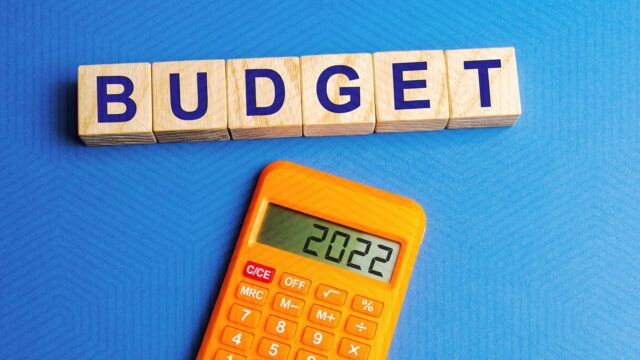6 budgeting strategies to try today
Want to achieve your short-term or long-term financial goals? Find out which of these six budgeting strategies suits you best.

Budgeting is the holy grail of achieving and unlocking financial success. That being said, there are different types of budgeting which suit different needs and finding which one works for you effectively is the differentiating factor between your financial failure or success.
Here are six budgeting strategies that have the power to transform your finances:
The 50:30:20 Budget
This strategy is based on a needs/wants/savings hierarchy. Determining which expenses are needs and wants can be a gray area given our different dynamics, but generally, these guidelines suggest ways in which you can divide your income.
With a 50/30/20 budget, you need to create a budget based on the following percentages:
- 50% of your income goes to non-negotiable needs, such as mortgage or rent payments, utility bills, groceries and minimum loan payments.
- 30% of your income goes to wants and personal expenses such as travel, entertainment, and dining out.
- 20% of your income goes to savings, which includes investing, emergency fund and retirement savings as well as debt repayment.
This budget embraces a balanced lifestyle, considers current and future costs and also helps you see where your money is going.
Zero-Based Budget
Zero-based budgeting is a strategy where you subtract expenses from your monthly income until you have a remainder that goes to fund whatever is most pressing that month, thereby taking you down to zero. It works well for people who have serious financial goals on the scope and its point is reducing waste and making sure each dollar has a purpose.
With zero-based budgeting, you need to evaluate your spending throughout the month to ensure you’re staying on track within variable categories like groceries and fuel.
The Envelope Budget
This is an old-school technique which involves dividing up portions of actual cash and putting them in separate envelopes labeled for most of your monthly expenses e.g., groceries, dining out, clothing.
The benefit of envelope budgeting is that you set a specific amount of money in various categories and you stop spending when it’s gone. You are less likely to withdraw more money to refill your envelope than you would be to swipe your card and this helps you stay on track with the spending limits you set for yourself.
Values-Based Budget
Values-based budgeting means making an intentional effort to spend any money left over on purchases that are in line with your values beyond meeting necessities such as food, housing and utilities, for example donating to charities or tending to your own wellness.
This strategy gives you a voice in how you spend and you’ll also feel more in tune with your purpose in life. It is however not ideal for people with tight incomes as they cannot afford to spare the funds.
Debt Repayment Budget
This is a strategy tailored by people who want to get out of debt quickly. Here, you figure out your income and compare it to your required monthly spending and minimum amounts you have due on credit cards and loans and the order in which you want to pay them off. Some financial experts recommend going from the smallest amount to the largest as overtime, your smallest debts will be paid off, paving the way for the large debts. Others recommend listing the debts from the highest to the lowest interest rate as this will save you the most money.
If you’re disciplined and determined, this method can help you pay down debt as its only meant to be used for a short time.
Pay-Yourself-First Budget
This strategy is for people who want to keep tabs on their monthly finances without feeling tied to the constraints of traditional budgeting.
After noting your monthly net income, list your monthly saving goals, each with a specific amount, then subtract your savings total from your monthly net income. Whatever is left goes towards paying bills and other expenses.
The difference between the Pay-Yourself-First Budget and other budgets is that you can spend the rest of your cash however you want as long as you’re meeting your set financial goals.
Conclusion
Finding the right budgeting plan provides the framework you need to reach your financial goals as well as strengthening your financial health. Just get started.
